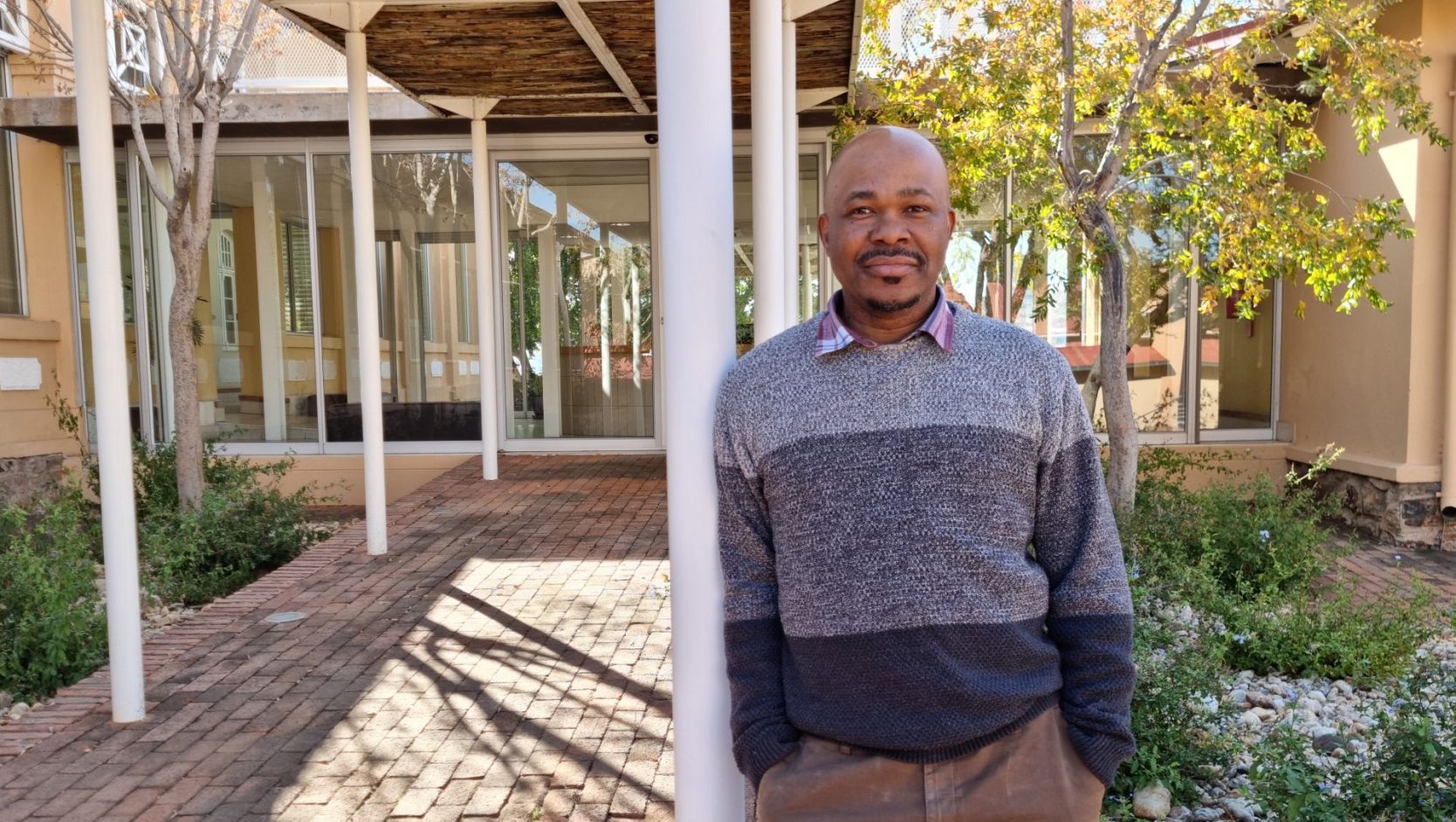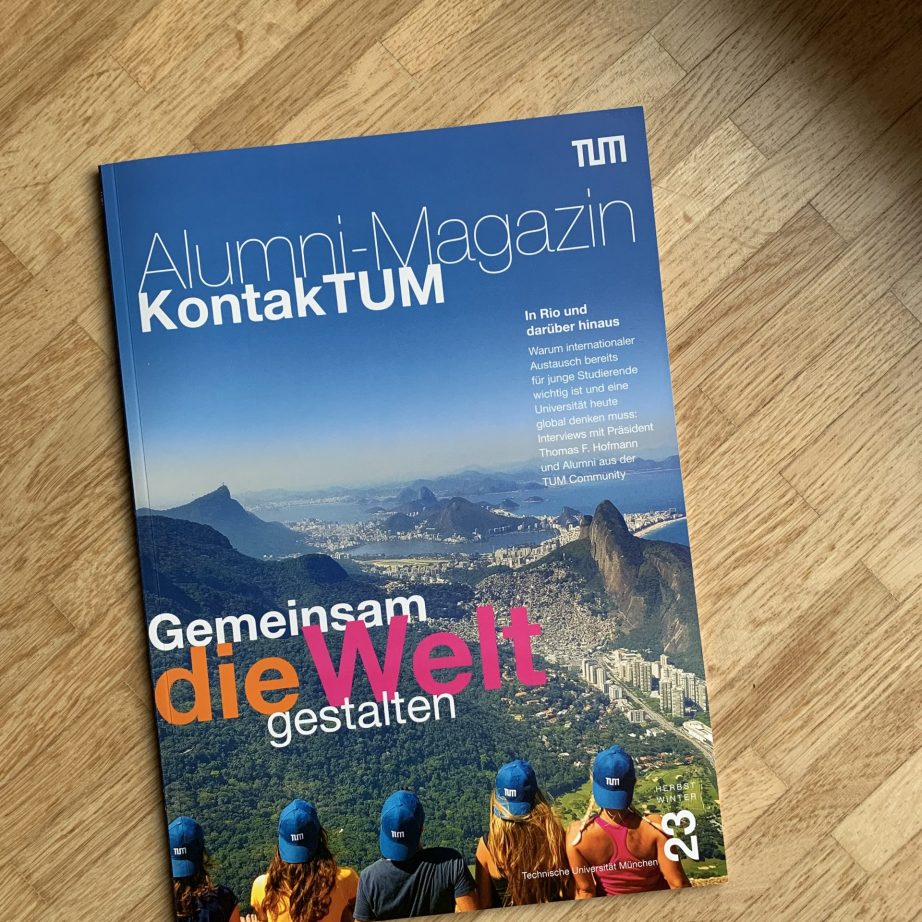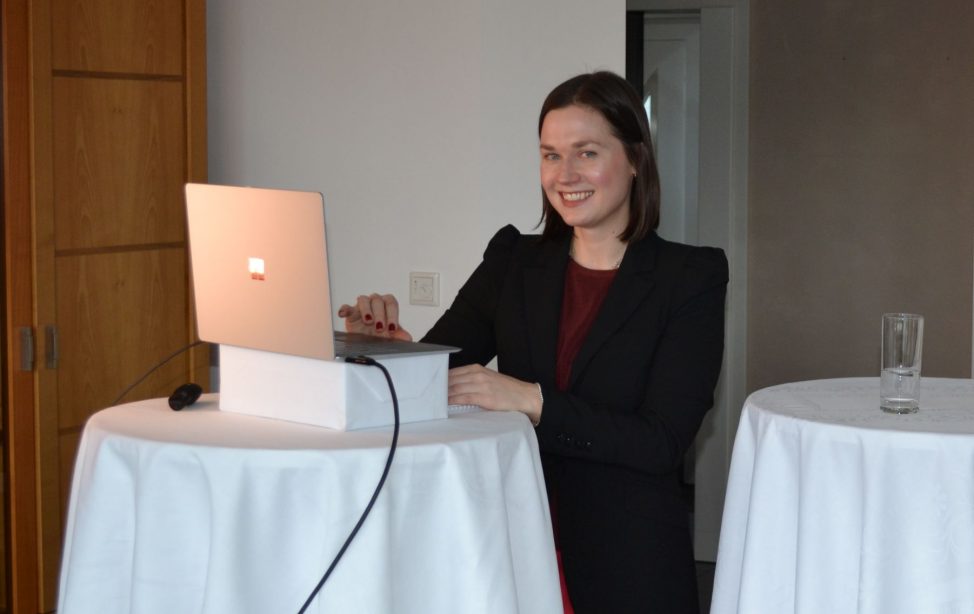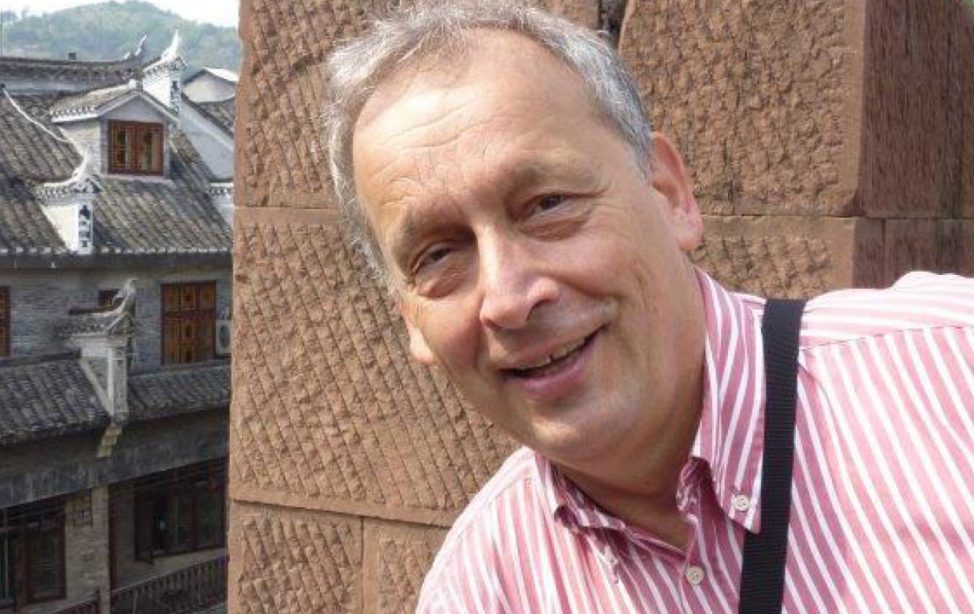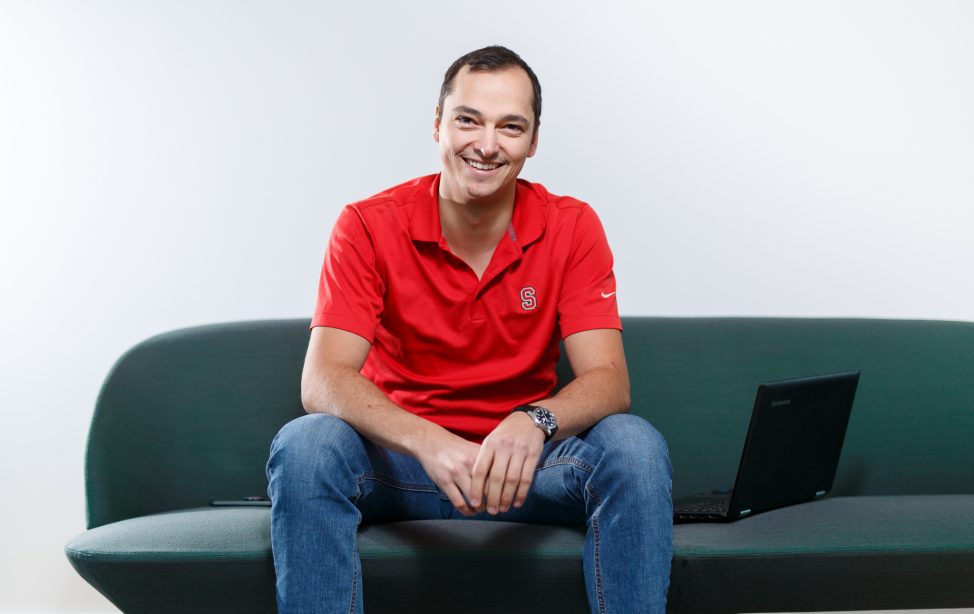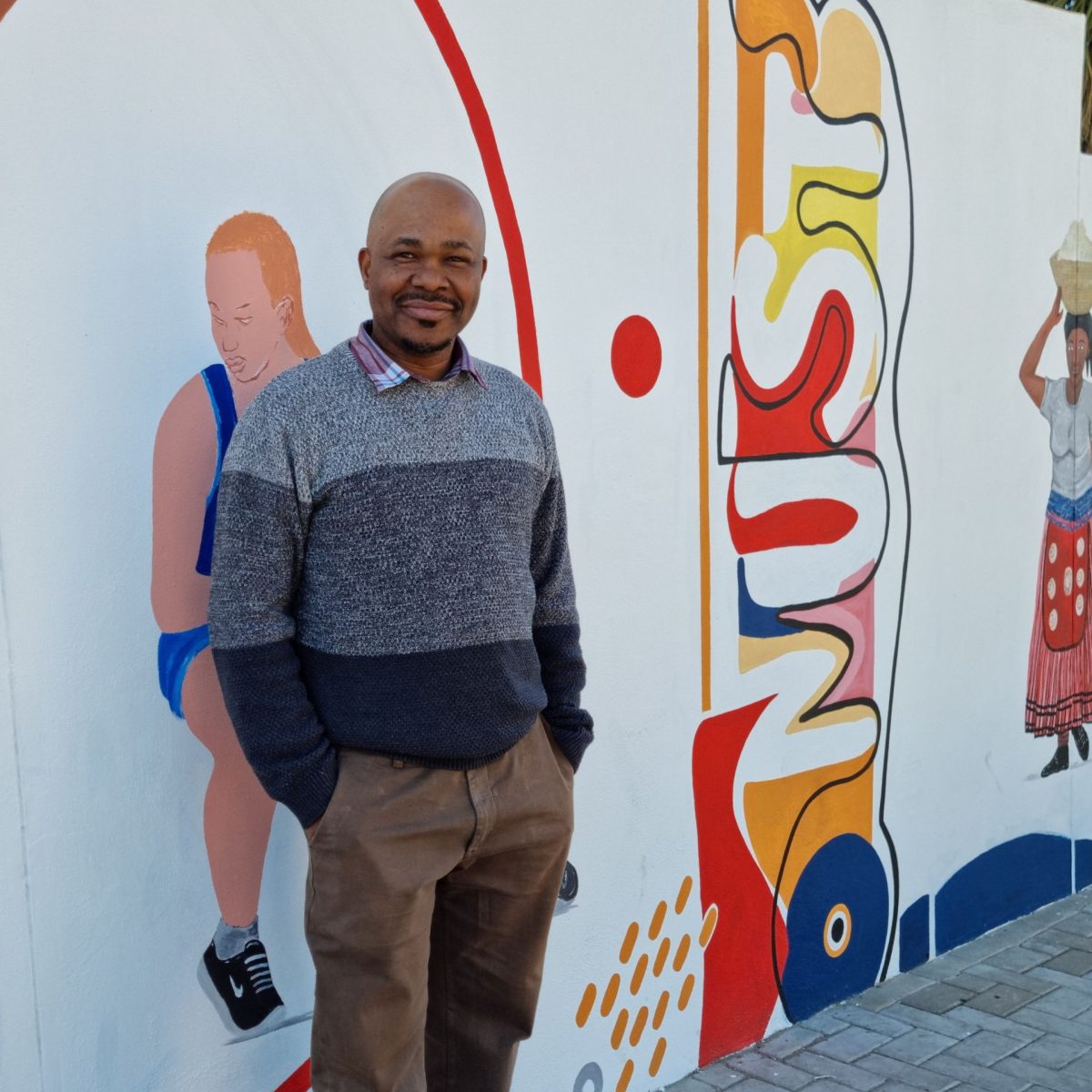
Professor Chigbu is commited for fair land use in Africa (Picture: private).
Uchendu Eugene Chigbu quickly established an international reputation through his leadership in large-scale development projects. He now applies the knowledge he gained at TUM in Africa in his role as Professor of Land Administration at the Namibia University of Science and Technology.
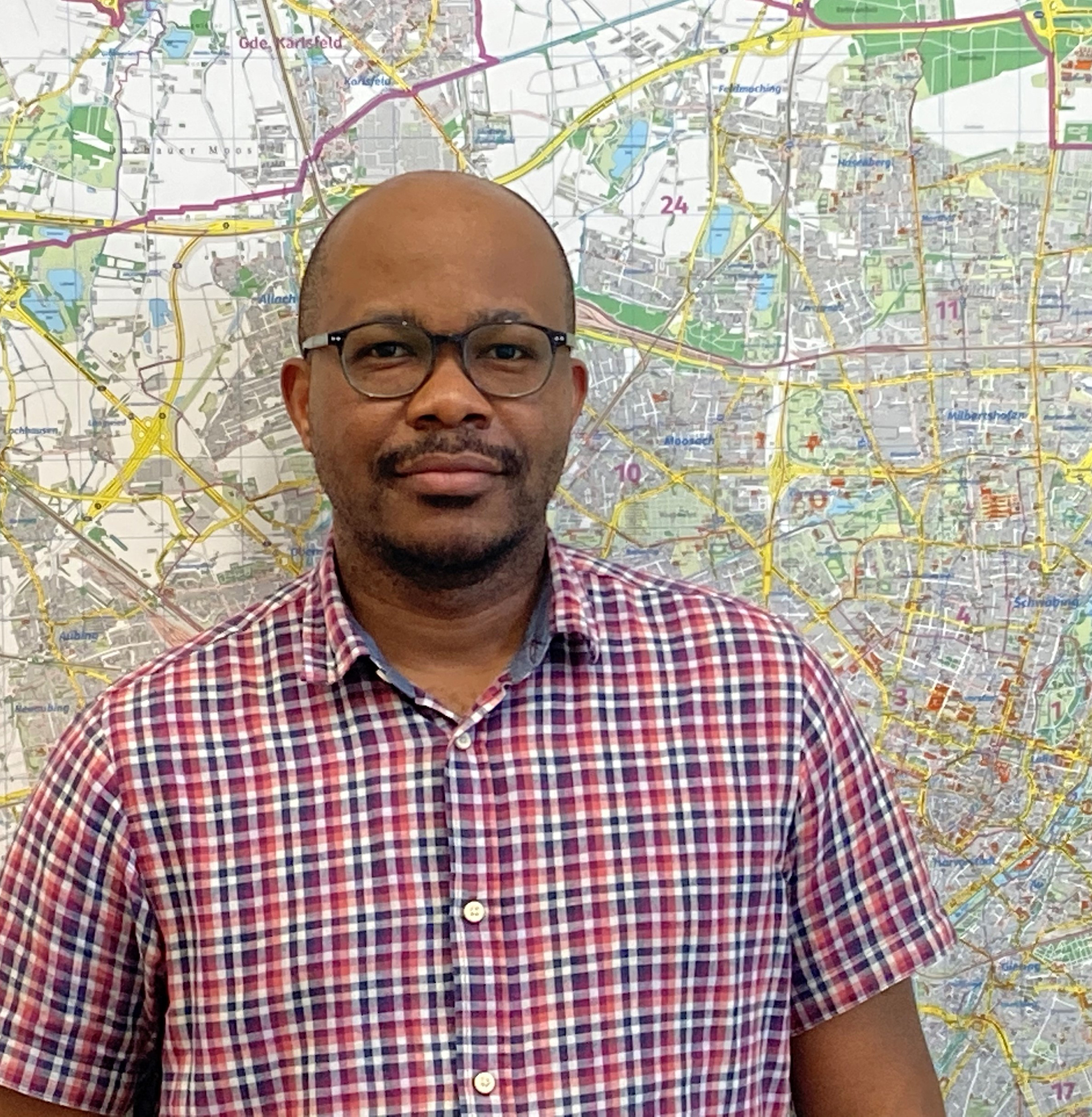
TUM Alumnus Professor Dr. Uchendu Eugene Chigbu is committed to sustainable rural development in Africa (Image: Private).
Master Land Management and Land Tenure 2009, Doctorate Land Management 2013
Uchendu Eugene Chigbu graduated with a Bachelor’s degree in Estate Management from the Abia State University in Nigeria. In 2005, he completed a Master’s degree in Business and Management in Emerging Markets at the University of Reading in the UK. He then studied a second master’s degree in Land Management and Land Tenure from TUM. In 2013, he added a doctorate in Engineering here.
As a research assistant, he worked on several international development projects and was part of the “ADLAND” consortium and TUM’s Africa Initiative. In 2020, Uchendu Eugene Chigbu was appointed Associate Professor of Land Administration at the Namibia University of Science and Technology.
Uchendu Eugene Chigbu is co-chair of the International Research Cluster of the Global Land Tool Network (UN-Habitat) and Coordinator of Network of Excellence on Land Governance in Africa (in the Southern African region).
